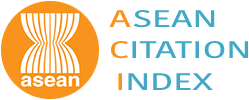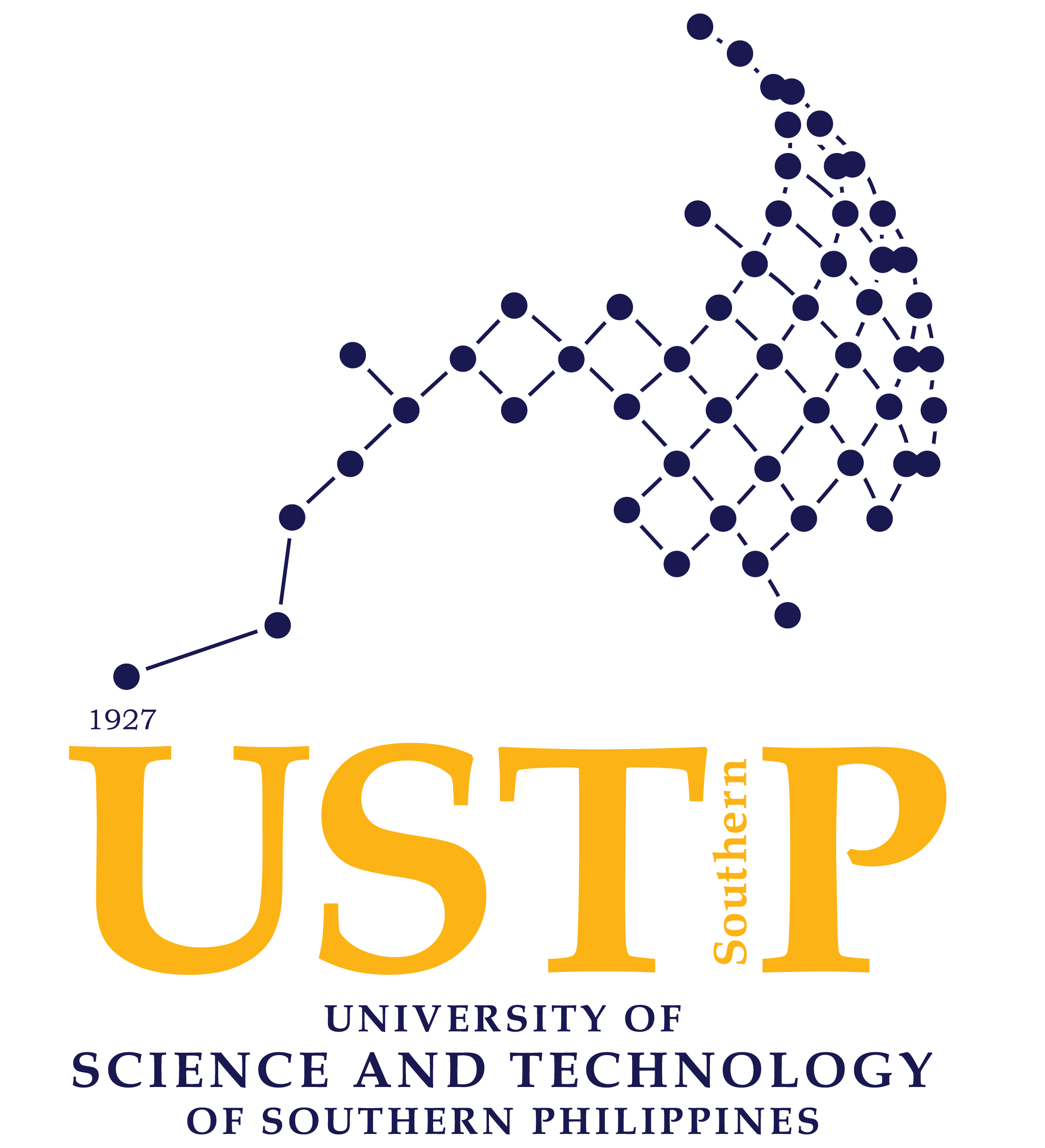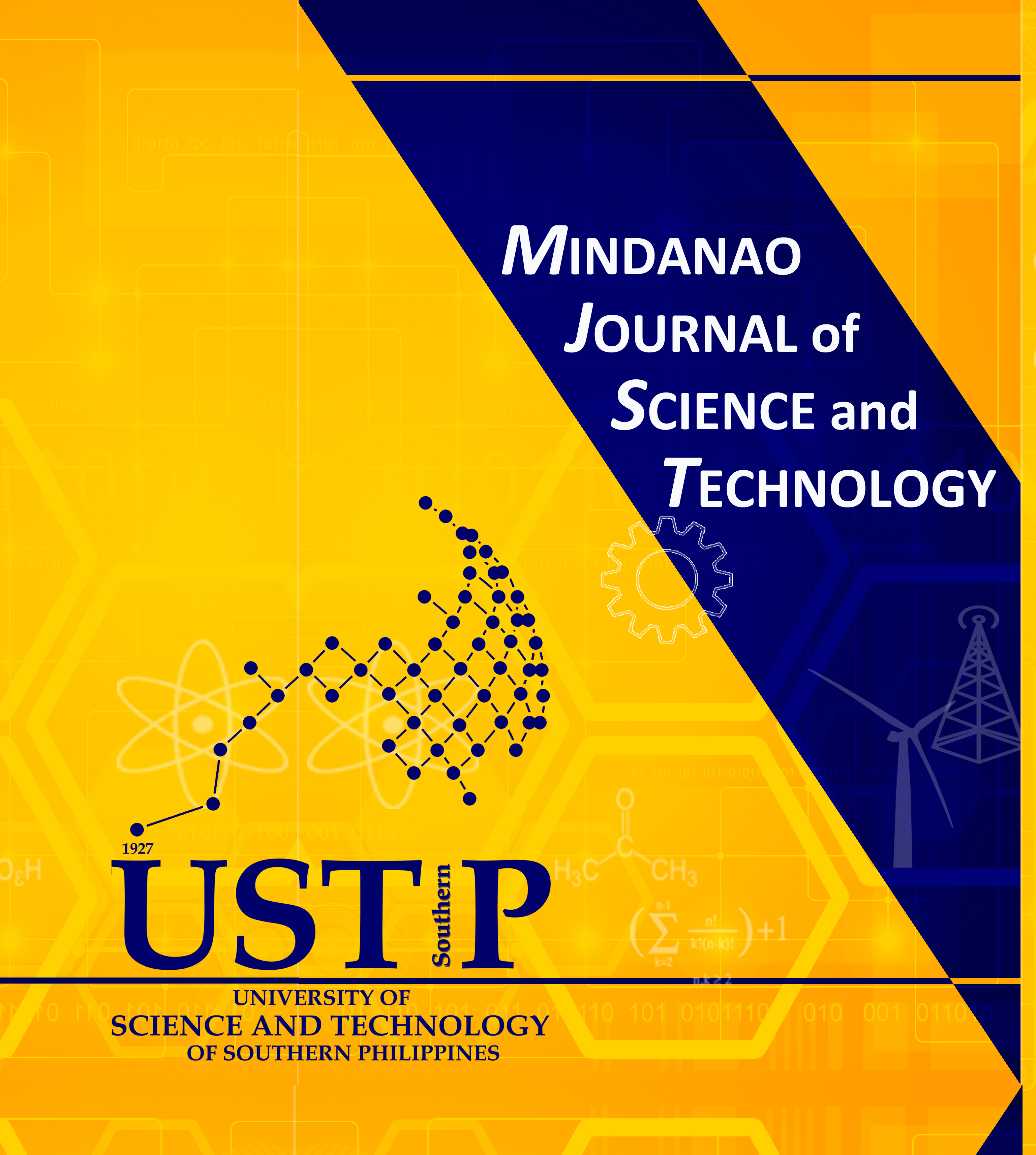Water Benchmark and Performance Assessment of an Agro-food Wastewater Treatment Plant Using Biophysicochemical Characterization Approach
Keywords:
agro-food, wastewater, biophysicochemical, treatment plantAbstract
The hazard posed by poorly treated effluent from agro-food treatment plant has been a growing concern to environmentalists and regulatory bodies. This study is aimed at benchmarking fresh water utilization and assessing the treatment efficiency of an agrofood wastewater treatment plant in Lagos, Nigeria based on biophysicochemical characterization. Water utilization analysis and benchmarking were initially conducted to determine areas with significant water saving potentials. Influent and effluent samples were collected daily for six months (September 2016 to February 2017) and analyzed for 25 biophysicochemical pollution indicators. Results were compared with Lagos State Environmental Protection Agency (LASEPA) guidelines for industrial effluent. Significant improvements were recorded for all the assessed biophysicochemical parameters. The treatment plant was adjudged satisfactory with all assessed parameters falling within permissible limits and average removal efficiencies ranged from 4.78% to 96.9%. However, plant overloading resulting from high water intensity and inadequate plant monitoring accounted for the low removal efficiencies recorded for some parameters. Given the current performance, significant improvements in areas such as freshwater management, routine plant monitoring and adjustment of hydraulic loading rates are necessary to optimize the plants’ operation in line with standard practice.










